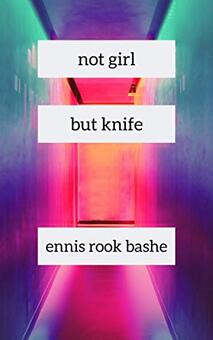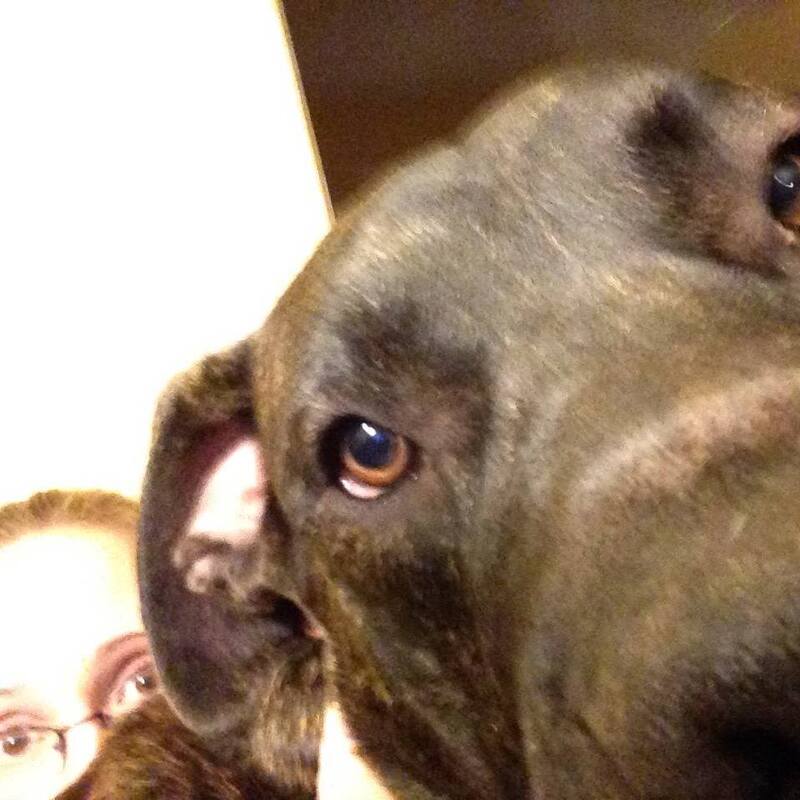Ennis Rook Bashe's Not Girl But KnifeReviewed by Amy Mitchell
|
|
Ennis Rook Bashe’s 2019 chapbook Not Girl But Knife: poetic dreams beyond gender is a great example of why the literary world needs to figure out a new way of handling self-published books, or perhaps simply a way—we tend to dismiss them as vanity projects written by hacks who could not secure a “real” publication because of the books’ lack of merit. However, this attitude, which I have been guilty of adopting, ignores the ways in which self-publishing removes barriers from authors who face daunting ones in the “real” publishing market. Bashe is “a disabled queer badass” (from their website) who has “given up on being traditionally published as an ownvoices disabled author” (Tweet from June 3, 2019) because of the myriad of ways in which the publishing industry discourages intersectional voices. The consequence is that, if we ignore the entire self-publishing sector, we’ll miss out on strong, engaging works that simply could not be brought to anyone’s attention in any other form.
I first encountered Bashe’s work when I saw a different author recommending Bashe’s novella California Skies. I’d personally give that novella a heavily qualified recommendation, simply because the ebook version I read desperately needed proofreading (the file may have been updated on Kobo since I purchased it about a year ago). But the content was light in the best way, lovely and affirming, and so when I saw Not Girl But Knife announced, I immediately purchased a copy. Not Girl But Knife does not suffer from any of the proofreading errors in California Skies and is a significant artistic development beyond Bashe’s novella. I wholeheartedly recommend this difficult, dreamy, sometimes angry, sometimes joyful poetry collection. A unique feature of Not Girl But Knife is that the basic poetic unit is not a single word or short, carefully-sculpted phrase/line, but is instead larger and more expansive—whole sentences or even longer, in some cases. The result is an engagingly informal, conversational style that is nonetheless subtly crafted and very effective: |


